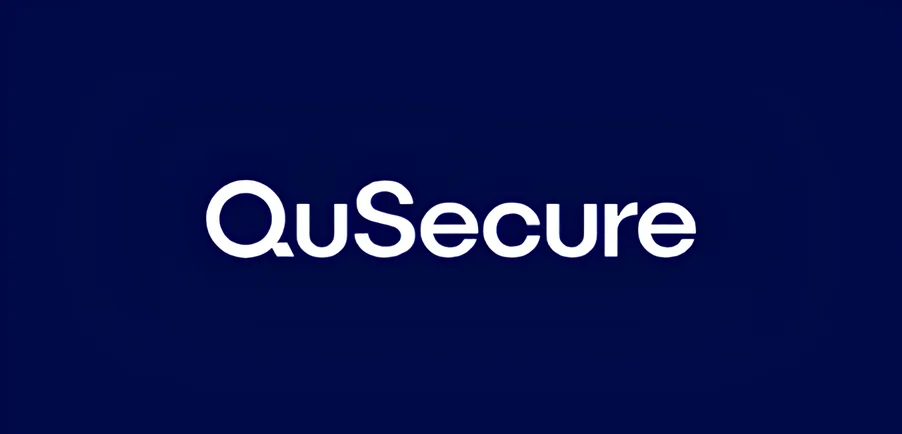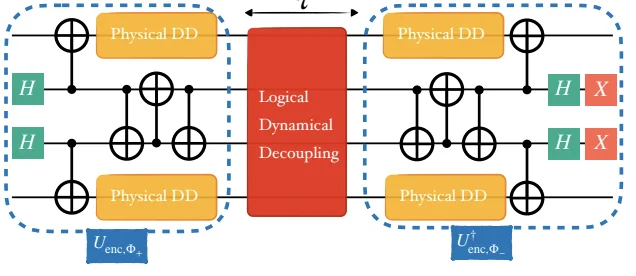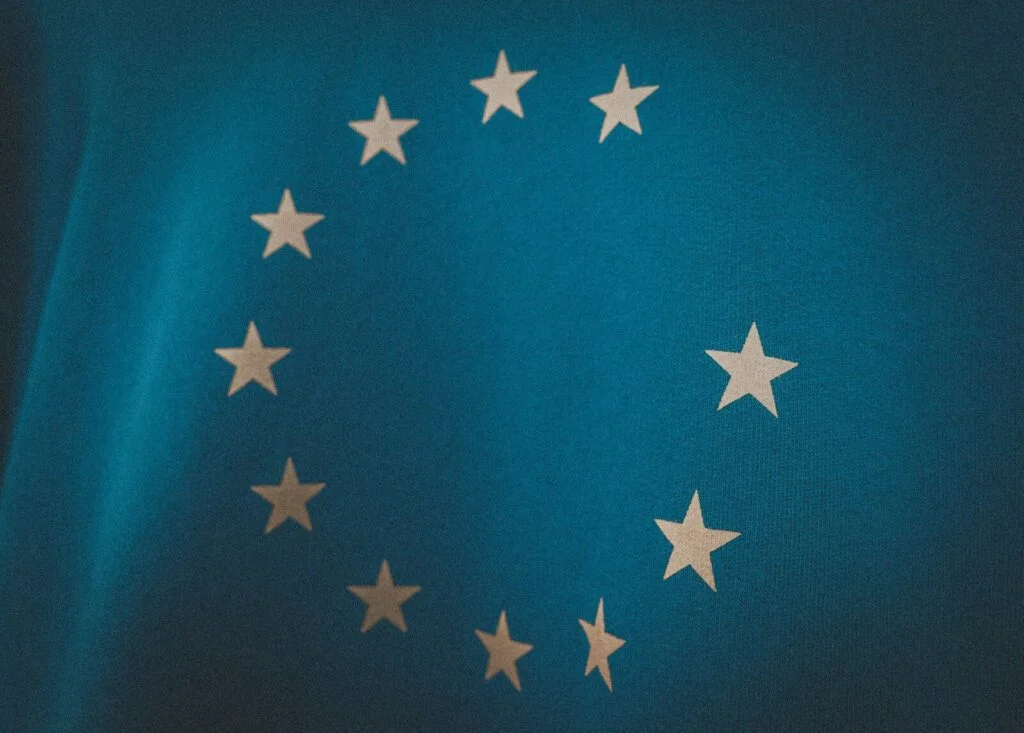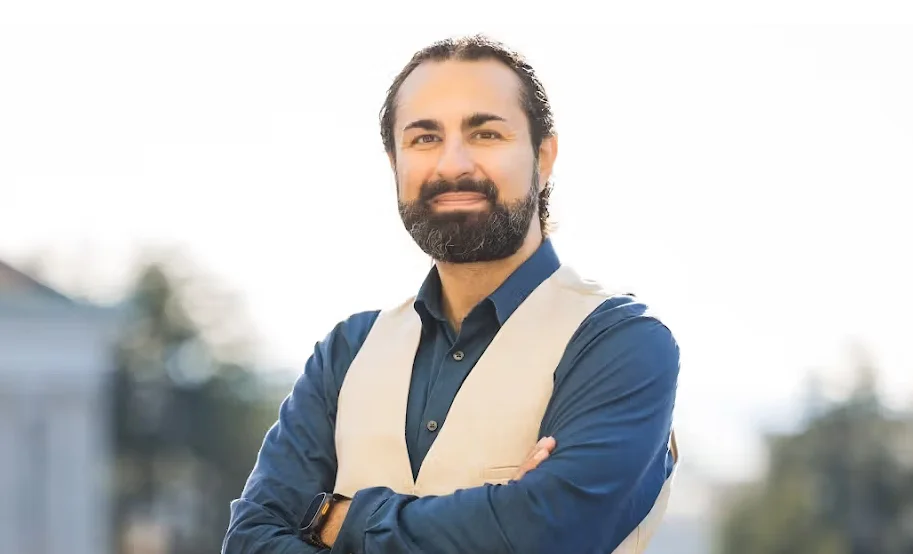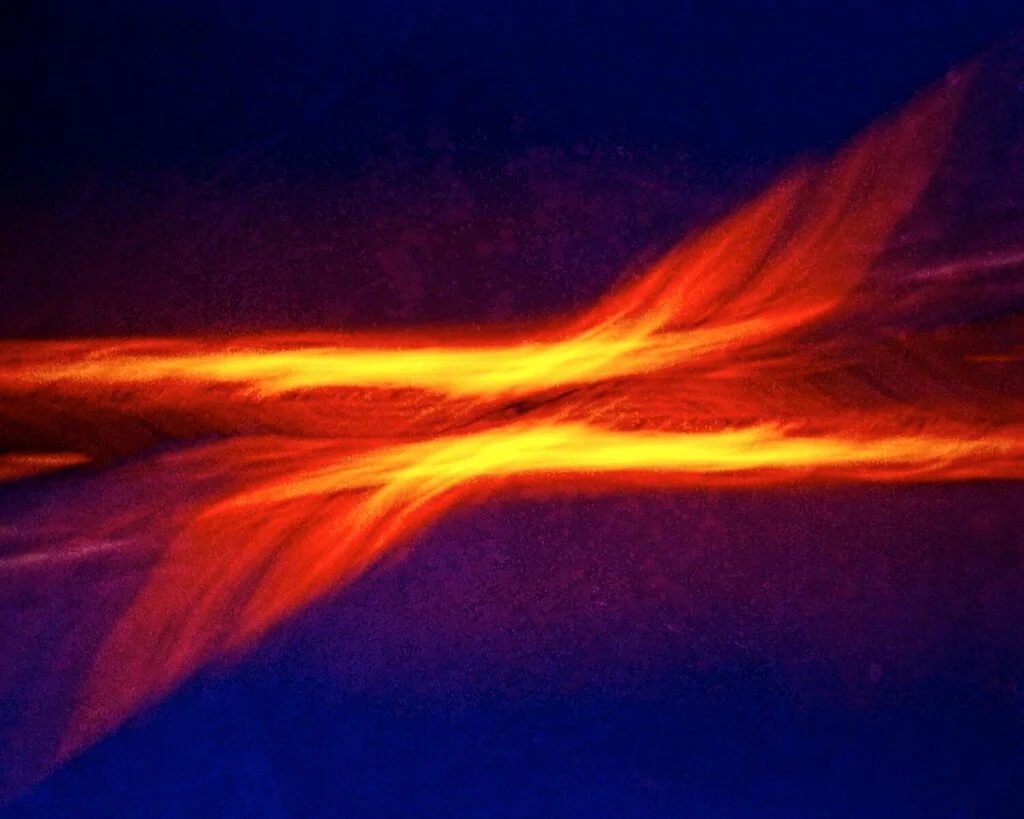Insider Brief
- Aquark Technologies has raised €5 million in a seed round led by the NATO Innovation Fund, with support from EIFO, UKI2S, and MBDA, to advance quantum technology for securing critical infrastructure.
- Aquark’s innovative cold atom quantum sensors are compact, energy-efficient, and resistant to GPS jamming, making them suitable for use in challenging environments like underwater and in the air.
- The investment highlights the growing importance of quantum technologies in defence, finance, and telecommunications, with potential to enhance national security and infrastructure resilience across NATO countries.
PRESS RELEASE — Aquark, a UK quantum technology company, today announces a €5 million seed round led by the NATO Innovation Fund (NIF), with significant investments from EIFO, UKI2S (managed by Future Planet Capital), and MBDA. The investment in Aquark’s unique, proprietary technology is an important step towards securing the critical infrastructure that underpins key sectors like defence, telecommunications and finance, which rely on precise signals for accurate positioning, navigation and timing.
Technological innovation to protect nations and businesses
Research has shown that GPS vulnerability could potentially cause £1bn in losses per day, with GPS interference incidents increasing by 2,000 percent between 2018 and 2021. Quantum sensors – which are currently in use to provide accurate signals – are typically very large, power-hungry, unstable and vulnerable to jamming, causing them to become less accurate over time.

To help protect critical infrastructure which underpins the security of businesses and nations, Aquark has developed a high-performing, magnetic field-free cold atom trap. Aquark’s patented, novel method of constructing cold atom quantum sensors without magnetic fields enables them to reduce the size, weight, power consumption and cost of their sensors. This means the technology is mobile and robust and can therefore be used in remote and difficult terrains such as underwater and in the air.
Andrei Dragomir, CEO of Aquark Technologies, said “This funding marks an incredible opportunity for Aquark to take quantum technologies closer to broader use. We are proud to have such a strong syndicate supporting us as we achieve this goal. We are aligned in our vision to deliver quantum technologies that will have a beneficial impact on civilian life, infrastructure, and defence. In this way, we are excited to see Aquark continue to contribute to the UK, Europe, and NATO’s quantum strategies.”
Alexander Jantzen, COO of Aquark Technologies, also comments, “This investment arrives at a pivotal moment as we and the wider ecosystem look to accelerate deployment at a global level. The days of working in laboratory environments are behind us and this acceleration has us incredibly excited. It will see us rapidly expand our brilliant team, grow collaborations, increase capabilities and tackle the hardest miniaturisation problems in order to achieve production at scale.”
Civilian and Commercial Use
Quantum technologies hold massive commercial potential as they are becoming central to infrastructure worldwide. However, in order to have meaningful real-world applications beyond fixed infrastructure, they need to be small, scalable and power-efficient.
In addition to its deployment by sectors such as finance and telecommunications, where signal accuracy and stability is critical, Aquark’s technology can help secure the defensive infrastructure and equipment of countries around the world by being resilient against GPS jamming and underpinning signal accuracy at a low cost.
Aquark is the first DIANA (Defence Accelerator for the North Atlantic) cohort company to receive direct investment from the NIF – a standalone venture capital fund backed by 24 NATO Allies and deploying over €1bn in deep tech to advance defence, security, and resilience. As a member of NATO’s DIANA programme, Aquark explored the dual-use impact of quantum technologies. This is also the NIF’s first investment in a quantum technology company.
“Safeguarding our infrastructure – from communication, to navigation and financial transactions – is key to building resilient businesses and boosting national security,” said Kelly Chen, Partner, NATO Innovation Fund. “We are excited to support the Aquark team and look forward to helping them deploy the technology across the world.”
Alex Leigh, Investment Director for Defence & Security at UKI2S (managed by Future Planet Capital) commented, “We are proud to back Aquark as they address critical challenges in the Position, Navigation, and Timing (PNT) market. Their dual-use technology represents a significant leap forward in both commercial and defence applications. We are excited to support the team through this crucial commercialisation phase, ensuring they not only thrive but contribute to securing this vital sovereign capability. It’s been a pleasure to join forces with the NIF to bolster the UK’s strategic technological edge in this sector.”
“We look forward to participating in developing new defensive technologies and to continue to co-build the Quantum and Deep Tech ecosystem within the Alliance. As part of the first cohort from the Deep Tech Lab at the Danish Bioinnovation Institute, we know that the team behind Aquark is dedicated to the mission and that they will bring a lot to the ecosystem. Therefore, Aquark Technologies is an obvious investment for EIFO,” says Jacob Bratting Pedersen, Partner & Head of Tech & Defence investments at EIFO.
NATO countries, which are backing the NIF, have set a goal to prioritise the Alliance’s “quantum-readiness,” among other areas. Aquark’s technology can help improve the Alliance’s defence, security and resilience with enhanced sensing, precise positioning, navigation and timing, and secure data communications.








